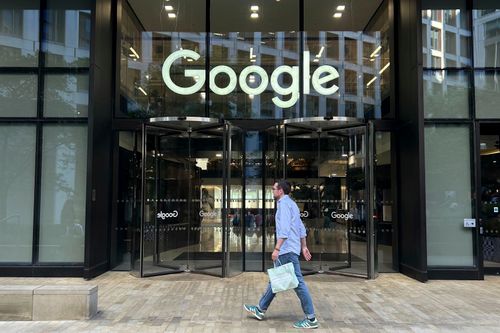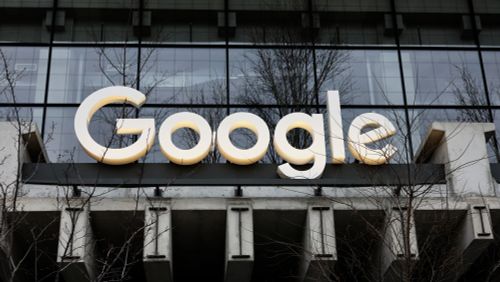Google Held Monopoly Over Online Advertising Technology, Judge Rules


U.S. District Judge Leonie Brinkema wrote that Google violated U.S. antitrust law by “willfully acquiring and maintaining monopoly power” over web advertising. Brinkema said Google illegally tied together its products to maintain its monopoly. The ruling represents Google’s second major antitrust loss in less than a year. In August, U.S. District Judge Amit Mehta found that the search giant illegally monopolized the online search and advertising markets over the prior decade. The ruling adds to a whole suite of issues facing Google in Washington. On Monday, Mehta is set to consider the Department of Justice’s request to break up the company over its control of the search market.

A federal Judge ruled Thursday that Google has willfully monopolized digital advertising in violation of the Sherman Antitrust Act. Judge Leonie Brinkema said Google has harmed its publisher customers, the competitive process and consumers of online information. "Plaintiffs have proven that Google has willfully engaged in a series of anticompetitive acts to acquire and maintain monopoly power in the publisher ad server and ad exchange markets for open-web display advertising," the ruling said. The lawsuit was brought against Google by the federal government and 17 states. The court specifically said Google has violated the Sherman Act by "willfully acquiring and maintaining monopoly power in the open-web display publisher ad server market and the open-web display ad exchange market."

The ruling marked the second time in eight months that a U.S., judge labeled Google an illegal monopolist—and could lead the Justice Department to seek a forced sale of some of the company’s advertising products. Google shares fell 1.5% in Thursday morning trading. U.S. District Judge Leonie Brinkema said Google’s monopoly in ad exchanges and server markets violated the Sherman Antitrust Act, harming advertisers and consumers. Brinkema, who sits in Alexandria, Va., said in her written ruling that the company also engaged in unlawful “tying”—conditioning access to one product on paying for the other.











